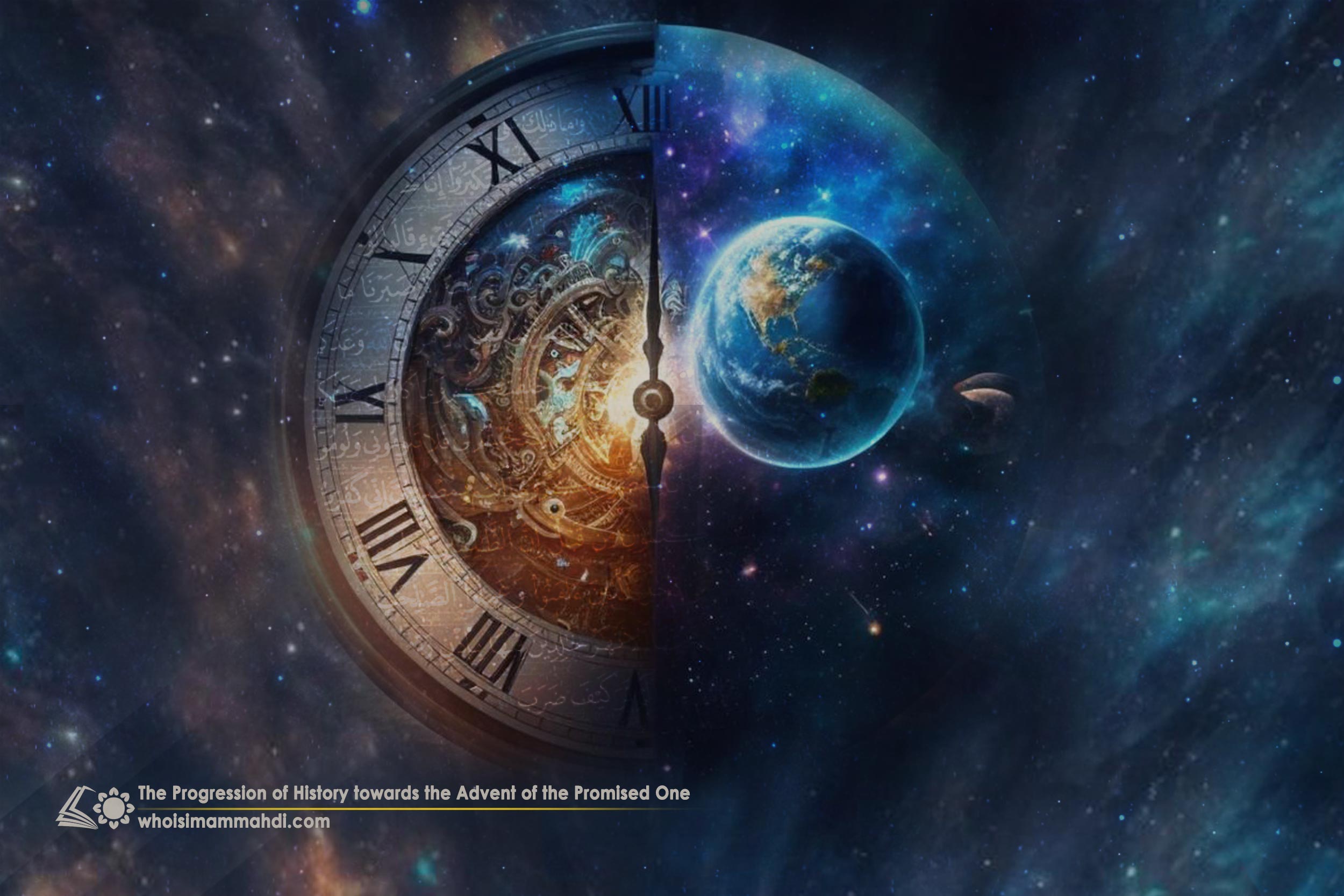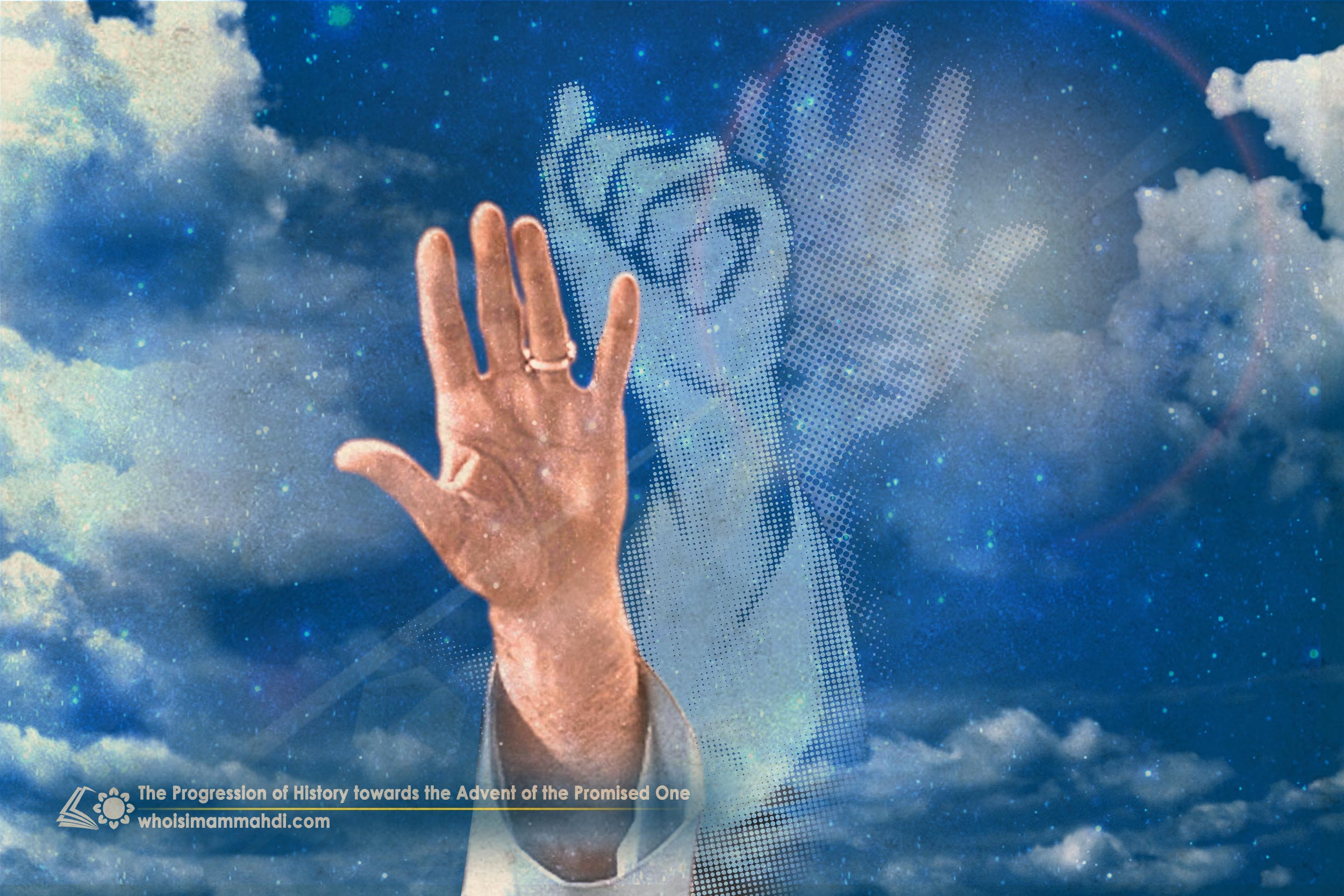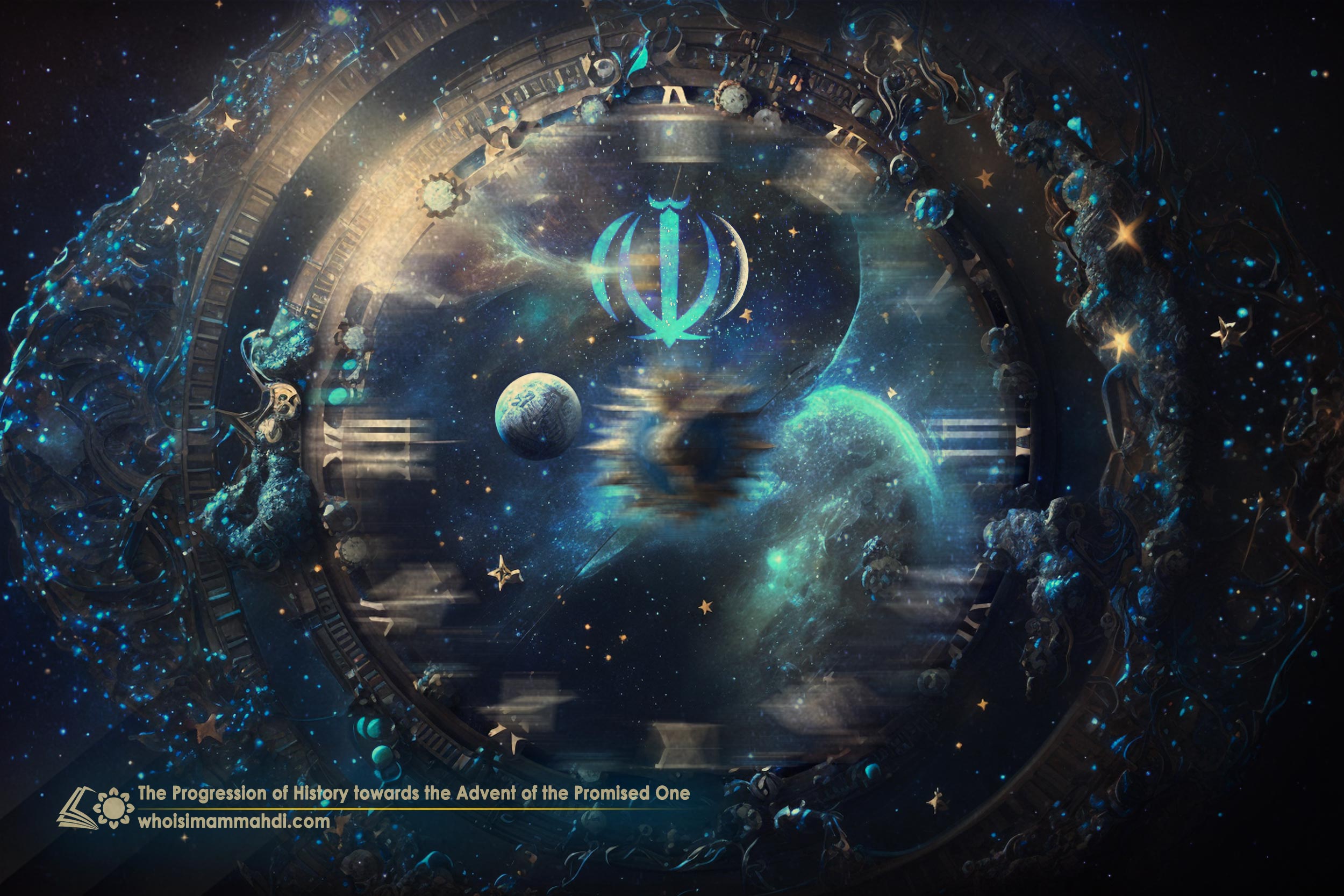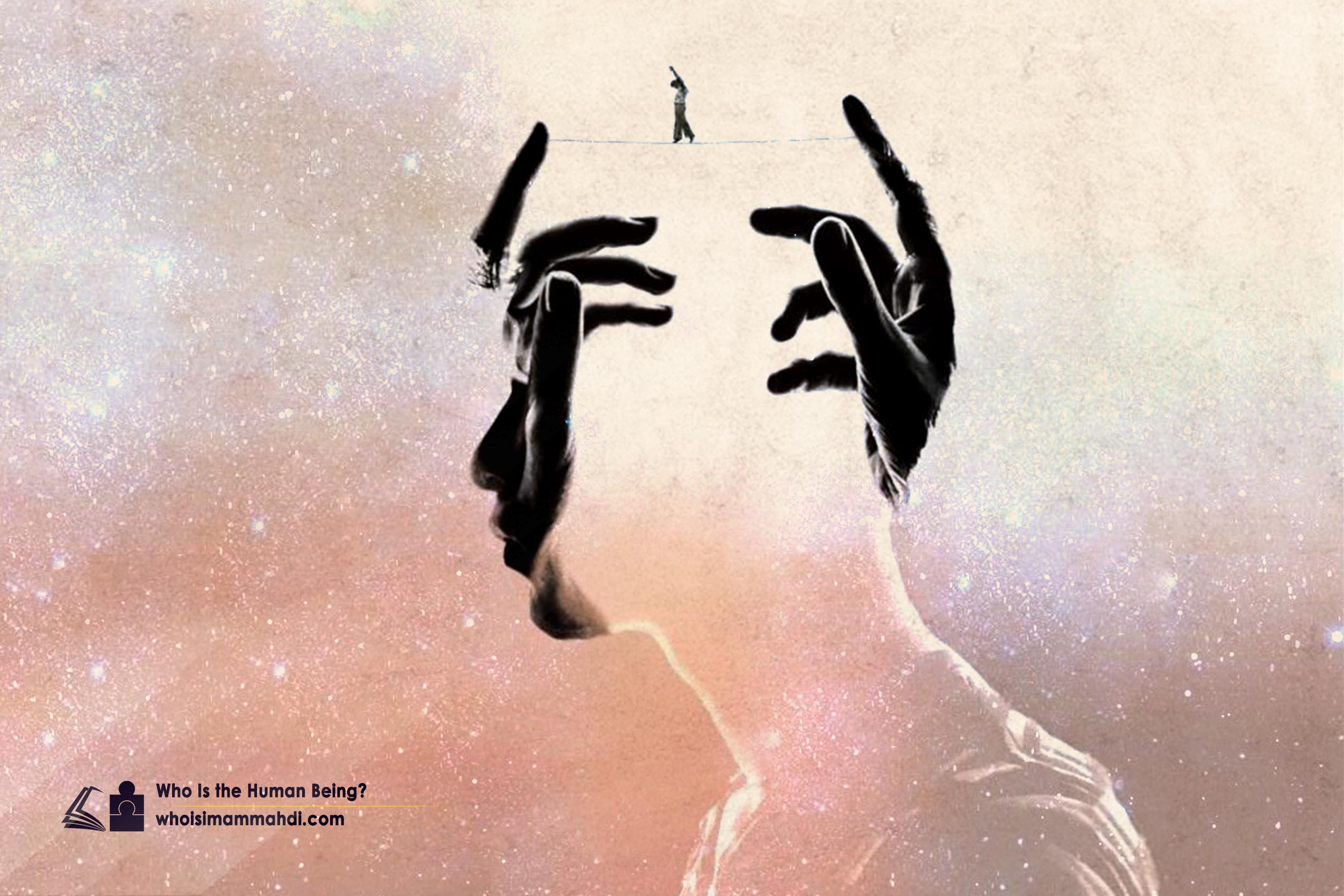What Is the Duty of Each of Us in Paving the Way for the Advent of the Savior?
What are the duties of those waiting during the absence of Imam Mahdi (PBUH), and what role can each of us play in paving the way the advent?
In the previous articles, we discussed in detail the key role of the Islamic Revolution of Iran in paving the way for the advent of the Promised Savior (PBUH). We understood that the most important goal of this Revolution is the establishment of a civilization based on monotheism and human and Islamic values. It is a civilization that, unlike the Western civilization, does not define humans as inanimate objects, plants, or animals; rather, it considers them beings created by and for God, who are guests on earth for a limited period of time. They are supposed to grow through the trials and tribulations of the material world and reach a status that no other being can reach, that is to become Allah’s deputy. It is a civilization which is governed by God’s representative, not by corrupt kings or tyrannical powers. Instead of following virtual heroes and empty personalities, individuals align their lifestyle with that of a perfect human being who embodies all perfections.
The Islamic civilization is the long-cherished aspiration of all the prophets and divine saints, and millions of pure souls have sacrificed their lives to establish it throughout history. This civilization saves humanity from various intellectual, spiritual, cultural, scientific, and economic deficiencies and weaknesses and elevates him to the highest level of perfection in all aspects.
The Islamic Revolution of Iran lays the groundwork for such a civilization, and the ideal of this revolution to establish this civilization will undoubtedly be attained. This is God’s will, and no one can create an obstacle in the way of the fulfillment of divine will. Whether or not we play a role in establishing this civilization and paving the way for the advent, the ship of this Revolution will sail towards its goal and soon reach the safe and calm shores of the Noble Rule of the Righteous. Those who refuse to board this ship or who abandon it along the way because of doubt or negligence will face hardships and losses.
Experience has proven that the movement of this Revolution towards its goal is a continuous forward movement without interruption; hence, anyone who doubts the truth of this Revolution or fails to join it in time will suffer losses as he misses out on the opportunity to play a role in paving the way for the advent and will be deprived of huge blessings.
But what is our duty in this movement? Where do we stand? Given our present status and abilities, can we join him and be like those who are truly waiting for him? Can we have a share in building the future and paving the way for the advent? How and under what conditions? In this article, we will answer these questions.
The Necessity of Personal and Social Self-Improvement in Paving the Way for the Advent of the Savior
One of the most influential factors in paving the way for the advent is the concept of self-improvement. Self-improvement and making personal and social preparations have a significant effect on removing the obstacles to his advent and establishing the new Islamic civilization. If there is no self-improvement, civilization-building is not possible because civilization is a social order, and society is made of individual people. Therefore, if individuals in society do not align themselves with specific criteria of the Islamic civilization and do not improve their personality traits at the expected level, it is not possible to discard the old and inefficient civilizations and replace them with the new Islamic civilization.
One of the main reasons for the one-thousand-year absence of Imam Mahdi (PBUH) is that religious people and Shias have not yet focused on self-improvement and improvement of society as they should have, and they have not been able to meet the criteria for a balance person and society in the new Islamic civilization. But what does self-improvement mean, and what characteristics do a balanced individual and society have in the new Islamic civilization?
Self-improvement can be examined in two dimensions: individual and social. Self-improvement in the individual dimension begins with acquiring knowledge, such as self-knowledge, knowledge of God, knowledge of the Ahl al-Bayt, particularly Imam Mahdi (PBUH), as well as knowledge of the enemy, and ways to deal with it. Once this knowledge is acquired, the next step is practical self-improvement and social preparation. This means that the individual awaiting the Savior must first enhance these qualities in himself and then strive, to the best of his ability, to create these qualities in other members of society.[1]
Here, preparation in the social dimension does not refer to natural persons, but rather it means legal entities such as mobilization bases, mosques, religious organizations, cultural institutions, scientific and educational institutions, research centers, universities, governmental and non-governmental institutions, national and military officials, literary, artistic, industrial, civil, economic, social entities, etc. These entities also play significant quantitative and qualitative roles in creating the new Islamic civilization and building a model society for the people of the world.
These duties and obligations apply to all people, both as individuals (natural persons) and as part of organized entities or institutions (legal persons). Therefore, both groups can be of service to or betray the noble cause of the divine civilization. In Islamic teachings, no one can evade responsibility. All humans are responsible in all aspects of their lives-whether it is matters of love and affection, beliefs, ethics, thoughts, actions, or areas of relationships and connections, including familial, social, national, and international.[2]
In general, self-improvement means connecting with the concerns, motivations, and ideals of Imam Mahdi (PBUH), which manifests itself in the form of empathy and loyalty in the social dimension. Empathy and loyalty are so important that in his letter to Shaykh Mufid, the Imam (PBUH) considered the absence of these two key elements as the most significant obstacle to his advent. He said if these two factors existed among Shias, the obstacles to his advent would be overcome very soon. Empathy means that all members of society, including authorities, scholars, and elites come together without selfishness or monopoly and plan for the advent of their heavenly father based on love, friendship, and brotherhood.
Everyone must have a kind of expertise, lift a burden from the Imam’s shoulders, and contribute to paving the way for the advent of the Promised Savior. A true awaiter is a caring and compassionate individual who cannot be indifferent to the absence of the Imam in society; he cannot see that billions of people are deprived of the spiritual guidance and leadership of their heavenly father. This pain and concern arise from one’s knowledge about the Imam, and someone who reaches this level of knowledge and awareness is like someone sitting in the same tent with Imam Mahdi (PBUH),[3] with no distance between him and the Imam. Even if such a person departs from this world before the advent, he will receive the reward of a person who fights for the Imam and is martyred. Because he has played a role in paving the way for the advent, he will have a share in all the resulting positive outcomes.
The Necessity of Urgent Prayer for His Coming
Another most important factor in paving the way for the advent of the Savior is creating the culture of prayer and supplication in society. Urgent prayer for the advent is the least that everyone can do, even the elderly and sick. According to Imam Sadiq (PBUH), the Israelites were afflicted with four hundred years of punishment by God due to their constant complaining and making excuses. After two hundred and thirty years, when they had fallen into a state of destitution and misery, they all gathered together and pleaded to God for relief. God forgave a hundred and seventy years of this appointed punishment and sent Moses and Aaron to save them from the oppression of the Pharaohs. The Imam continued to say that if you all gathered and prayed like Israelites, God would forgive the remaining time of the absence of Imam Mahdi and save everyone. However, if you do not pray, God will not show mercy to you, and this hardship will continue until the appointed time.
Of course, prayer is not just limited to asking God to hasten the advent, but it is itself a culture. According to the Quran, the human being is sustained by prayer, and God does not pay attention to the one who does not pray.[4] The value of each of us in the monotheistic system lies in understanding that we are completely dependent on God and do not own anything in this world.[5] Prayer was the weapon of prophets,[6] and they used to pray even for their smallest needs.
The reason for many of our troubles and problems is that we do not seek help and assistance from the Almighty God, and instead we just rely on our own abilities and resources. We are full of selfishness, and we just focus on all kinds of inanimate, vegetative, and animal perfections, leaving no room for receiving spiritual blessings from God, just like a glass full of water that has no capacity to contain rain. This is while all our perfections are illusory, and if God wills it, He can take them all away from us in a second. We are utterly poor before God, but until we reach this understanding that we possess nothing that truly belongs to us, the way to Heaven remains closed to us, and our prayers are not answered. God leaves us to ourselves, and as a result, our lives become full of troubles and misfortune.
Empathy is also very important while praying. In fact, one of the most important factors in the acceptance of prayers is this unity and empathy. In this regard, Imam Ali (PBUH) said, “A household that come together and support one another will be provided for by God, even if they may be far from the truth. On the other hand, a household that become divided and sever ties will be deprived of God’s sustenance, despite their piety.” This means that God helps the disbelieving family who are united, but refrains from helping the believing family who have disputes with themselves. Maintaining empathy is really important. Therefore, we must ensure that our unity and empathy are not disrupted and replaced by selfishness and individual or factional interests. It is very important to pay attention to this issue both in prayers and in collective efforts carried out with the intention of paving the way for the advent of the Savior.
[1]. Muhammad Shojaee. The Islamic Revolution and the Future of the World. p. 362.
[2]. Ibid, p. 370.
[3]. Imam Sadiq: “Whoever knows his Imam is like being in the tent of the Qa’im himself.” (Ibrahim al-Nu’mani. Kitab al-Ghayba, p. 331, hadith 7)
[4]. “Say: My Lord would not care for you were it not for your prayer.” (Quran: 25:77)
[5]. “I have no power to bring myself any benefit or harm, nor [power over] death, life, or resurrection.” (Asr Salah Taqeebat)
[6]. Imam Reza urged his companions to supplicate Allah and said to them: “Adhere to the weapon of the prophets!”
“What is the weapon of the prophets?” he was asked.
“Supplication,” he replied. (Al-Kafi, vol. 2, p. 368)






































































